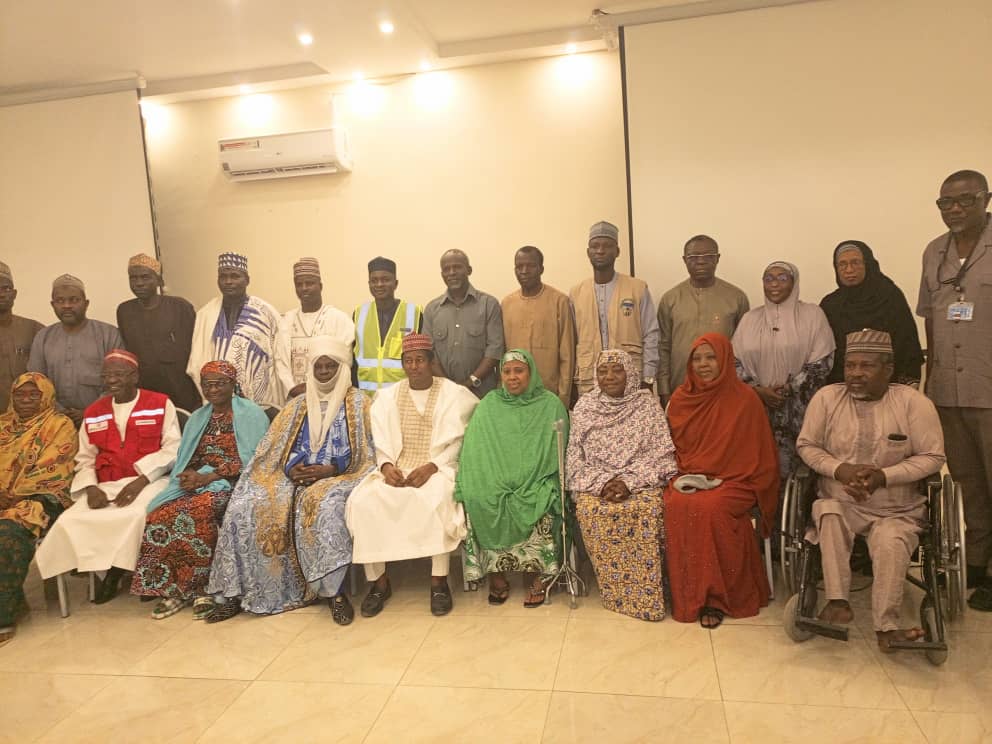The Kano State Government has reaffirmed its commitment to strengthening collaboration with key stakeholders in addressing the needs of displaced persons across the state.
The Commissioner for Humanitarian Affairs and Poverty Alleviation, Adamu Aliyu Kibiya, made the commitment at a three-day Participatory Planning Workshop on Durable Solutions for Displaced Populations under the European Union-funded SIDPIN Project, held in Kano.
He said the workshop was designed to examine the realities faced by displaced people, identify gaps in ongoing interventions, and develop solutions that align with the priorities of affected communities.
Aliyu urged participants to contribute actively, stressing that insights from the engagement would guide policy formulation and future programmes.
According to him, the workshop provides a platform for stakeholders to collectively develop sustainable responses aimed at improving the social and economic well-being of vulnerable groups in the state.
He noted that the state government has been partnering with UN-Habitat to build inclusive, safe, resilient and sustainable communities.
Aliyu commended the United Nations Human Settlements Programme (UN-Habitat) for its continued support towards humanitarian coordination and development efforts in Kano.
Presenting an overview of the humanitarian situation in Kano, the Permanent Secretary of the Ministry, Hajiya Amina Yusuf Yargaya, said the state is facing challenges driven by rapid population growth, internal migration, climate pressures and its status as a major economic hub and host community for displaced persons.
She said the humanitarian needs, while more stable than in neighbouring states, remain shaped by poverty and spillover insecurity from the North-West and North-East regions.
Also speaking, the representative of the Kano Emirate Council, District Head of Rimin Gado, Dan Malikin Kano Alhaji Auwalu Mudi Yakasai, called for stronger collaboration between political leaders and traditional institutions, saying such relationships were crucial for achieving transformative community development.
The three-day workshop aims to ensure that the planning process reflects the interests and priorities of all community groups, and promotes transformative change through knowledge sharing, policy input, technical support and collaborative action.





